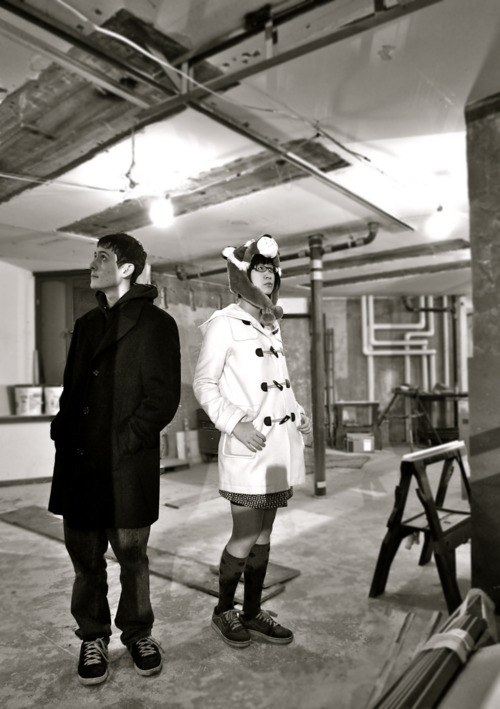I think there are many similarities between astral projection and lucid dreaming. For one, what you practice and build on is very similar - the ability to remember and recall your experience in dreaming or in OBE’s. I’m still in training for astral projection, so I wouldn’t be a very good judge about this, but as of now I feel as though OBE’s could be a subtype of lucid dreaming, considering that you can basically do whatever you want in lucid dreams.
It’s still frustrating to see how many people react negatively with ridicule towards things like astral projection, or more general things like ESP, but not so much, let’s say, empathy or dreaming. I have a problem when people openly criticize things blindly thinking that they know what they’re talking about when they really have no clue. I have no problem if people choose not to believe in something, choose not to pursue something, but I cannot stand when people do not respect something only because they do not understand.
Yes, it is very dangerous to mention things like ESP in “academia” because you risk seeming like a fool while people condemn you with the “that’s not scientific” are you kidding, in your face. This is very sad. First of all, I already mentioned the whole theoretical models view of the universe from a limited perspective from consciousness, which classifies science as a model, just like religion or any other “model” of the universe (i.e. objective truth is an absurd thing). Secondly, sure I get it you’re a scientist (or whatever), I am too, but can you at least make your argument in such a way that shows your through understanding of the subject, and then make a good argument based on scientific views?
In some ways it is unfortunate that ESP has gained popularity through pop culture views of it, associating it with a number of things that it really has nothing to do with. One thing that people argue it the irrational in people who believe that they have “special powers”. Where on earth does it say that ESP is “special” powers? If you talked to anyone who has developed their abilities in any way at all, no one is going to tell you that these are rare gifts that only they have that no one else does. It’s really more like we all have the ability, it’s part of the way we are. But how much of that ability we can use is dependent on practice. Kind of like drawing - anyone can do it and improve with practice, some people may have a natural flair, but that doesn’t make it “supernatural” (in an eerie way as commonly perceived, that it).
And just saying, I would love to have a debate with you about the validity of psychic abilities, but please, please make sure you actually know what you’re talking about, okay? I’m sure if someone tried to argue against science without knowing what they’re talking about, you’d feel reasonably frustrated as well - especially when they’re talking to you like they know it all and you’re the lunatic. Give your mind another chance, will you? Why is it so hard for people to not take things at face value?
***And finally, closing words that may or may not seem obnoxious: I speak of your need to “understand” things, to try and perceive things differently outside of your own ways of perception in order to see more, but at the same time I have no understanding of what it’s like to “not” understand, do I? So I’m just as blind as you are when I’m frustrated that you don’t understand, and perhaps I shouldn’t judge you so much by virtue of my own argument. Like I said, incomprehension is incomprehensible once you comprehend - just like anything else in the universe, isn’t it? Funny.










